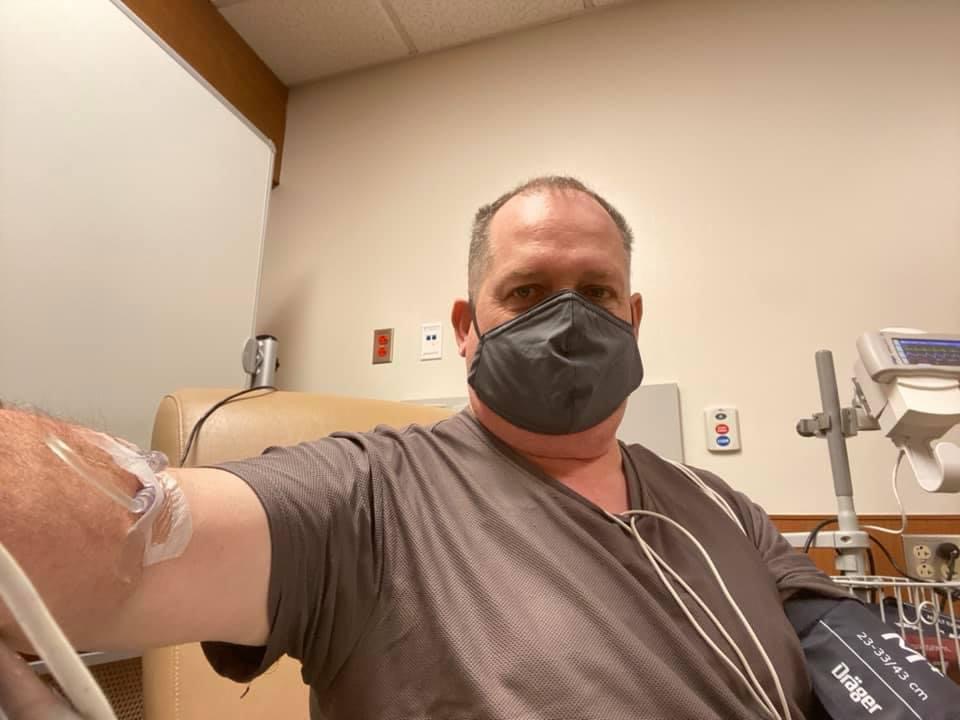Delegation Urges President-elect Biden not to Cancel Keystone XL Pipeline
WASHINGTON — U.S. Sens. John Thune (R-S.D.) and Mike Rounds (R-S.D.) and U.S. Rep. Dusty Johnson (R-S.D.) today urged President-elect Biden not to cancel the Keystone XL pipeline and the regional economic investment it will drive to South Dakota.
“As you begin your term, we know you will face many calls to cancel the Keystone XL pipeline, which for too many has become a symbol of America’s energy past,” the delegation wrote. “We implore you to recognize the potential for this modern infrastructure project to serve as a model for how America can rebuild and update our energy sector. We hope you will take this opportunity to set the tone for your term by defending American jobs and infrastructure.”
Full text of the letter below:
Dear President-elect Biden:
We write to you in the spirit of collaboration you espoused in your election campaign. While we will undoubtedly have policy disagreements, we hope to work constructively toward mutually shared goals, including economic growth and energy security. It is for this reason that we write to urge you reconsider your reported plans to cancel the Keystone XL pipeline.
The Keystone XL pipeline of today is not the same project first reviewed by the Obama administration. In fact, pipeline operator TC Energy has, like much of America’s energy sector, adapted to address the associated environmental, social, and governmental (ESG) considerations of the project. We believe these significant changes in the project merit due consideration by your administration and should not be dismissed out of hand. Rather, the updated proposal for the Keystone XL pipeline should be upheld as an example of how American industry, especially in the context of revitalizing critical infrastructure, may approach ESG efforts to build a more reliable and resilient energy future.
Specifically, TC Energy has committed to operate Keystone XL with net-zero emissions, pledging to invest $1.7 billion to produce 1.6 gigawatts of renewable energy. This would rank TC Energy among the highest corporate backers of renewable energy purchases, directly supporting your agenda to bolster green energy investments in the U.S. We should encourage such private investment, which is driven by the market, not mandate, and will otherwise reserve federal funds for other necessary investments.
Additionally, the Keystone XL pipeline will support approximately 10,000 jobs over the course of its construction. Approximately 2,000 workers are already on the job. As America works to rebuild its economy after nearly one year of battling the COVID-19 pandemic, we can ill-afford to cancel such stable employment, nor overlook the $2.2 billion in wages it will provide. Notably, the project would be constructed with U.S. steel and support over $3 billion in contracts with suppliers and contractors through 2021, underscoring the broader economic benefit of its construction.
The completion of the Keystone XL pipeline would also yield a significant economic impact in South Dakota, especially through a portion of the $100 million in property taxes the project will generate annually. These revenues will be reinvested in our schools, rural communities, and local infrastructure.
Lastly, the Keystone XL pipeline fits into a broader discussion about how we can modernize our energy sector. As you know, we cannot transition away from oil and gasoline overnight, regardless of the ambitions of some to do so. Thus, it is incumbent on policy makers to engage in a realistic discussions about energy security and how to seize opportunities to cut emissions in a sensible way. The construction of the Keystone XL pipeline is such an opportunity, as modern pipelines are inherently cleaner—and safer—with the added benefit of deepening our economic ties to Canada. As you know, Prime Minister Trudeau supports the pipeline, including it in Canada’s clean energy roadmap. While America has made great strides toward energy independence, we should be hesitant to dismiss opportunities to strengthen bilateral opportunities with our close trading partner and ally. It bears noting that emissions from Canadian oil production have been cut by approximately one third in the last two decades, again reflecting that Keystone XL and the energy sector at-large have changed significantly since this project was first contemplated.
As you begin your term, we know you will face many calls to cancel the Keystone XL pipeline, which for too many has become a symbol of America’s energy past. We implore you to recognize the potential for this modern infrastructure project to serve as a model for how America can rebuild and update our energy sector. We hope you will take this opportunity to set the tone for your term by defending American jobs and infrastructure.
Sincerely,
###

